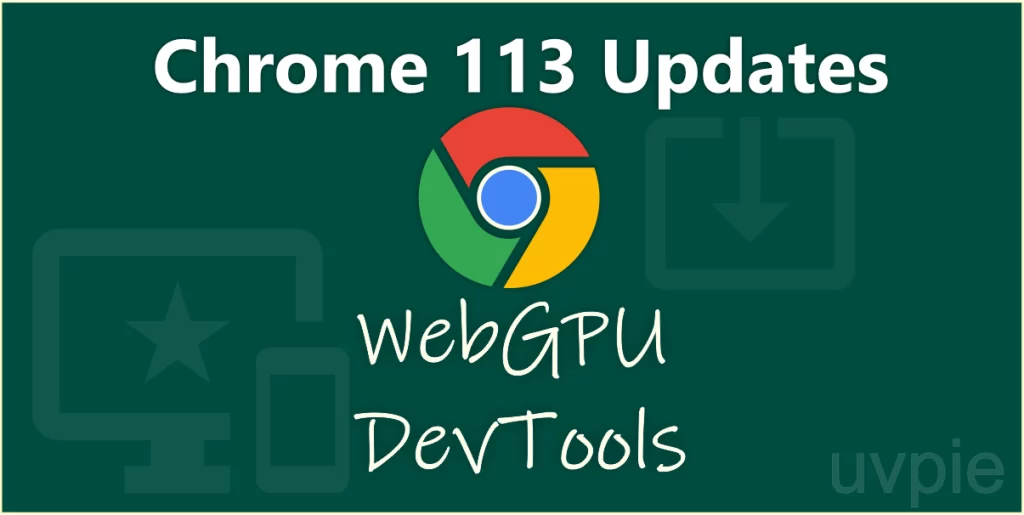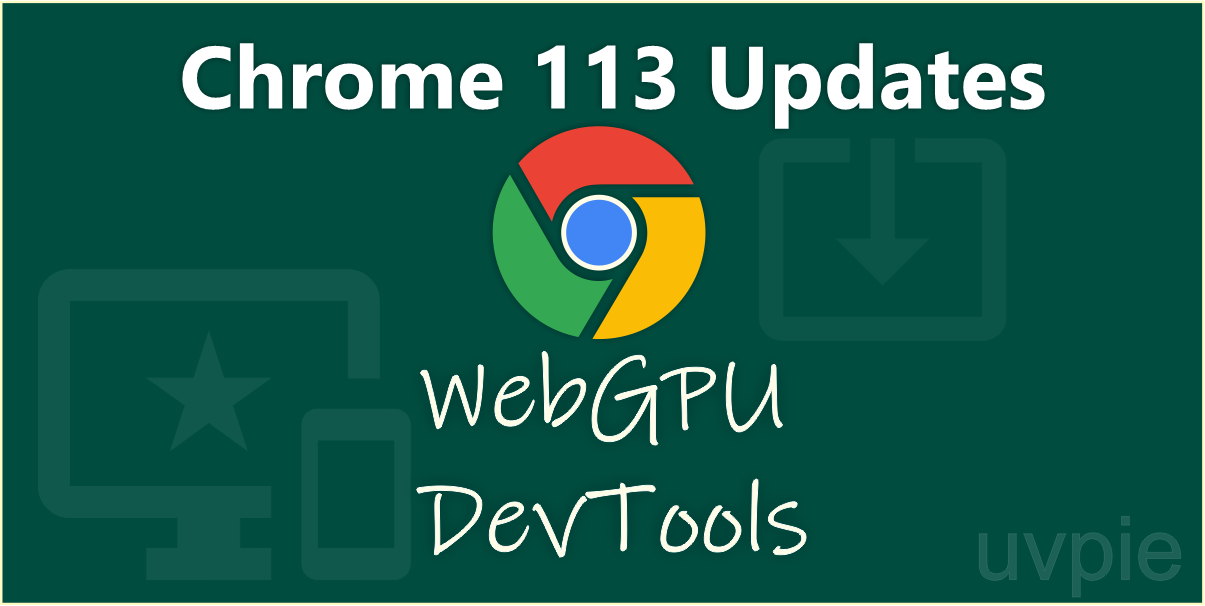The latest version of Google Chrome, version 113, has arrived and it brings many exciting updates. One of the most significant updates is the WebGPU API which enables high-performance 3D graphics and data-parallel computation on the web. This opens up possibilities for web developers to create more visually stunning and complex web applications than ever before.
Chrome 113 has updated DevTools, which includes overriding network response headers and better debugging in Nuxt.. First-Party Sets is a new privacy feature in Chrome 113 that lets organizations declare related sites.
Overall, Chrome 113 is a major update that introduces numerous features and updates for web developers. If you’re a web developer, make sure to give it a try and explore all of its new capabilities!
WebGPU
WebGPU is a new API for web developers to create complex, visually stunning web applications. It allows for high-performance 3D graphics and data-parallel computation on the web. This API is based on the Vulkan graphics API, commonly used for high-performance 3D graphics on desktop and mobile devices. Below are some of the listed features:
- High-performance 3D graphics: ideal for games, simulations, and applications that need a lot of graphical power.
- Data-parallel computation: ideal for machine learning and artificial intelligence tasks.
- Cross-platform support: available on Windows, macOS, Linux, Android, and iOS.
- Open standard: supported by various browsers and devices, making it an accessible choice.
DevTools
The DevTools team has updated DevTools with new features, such as overriding network response headers and improving Nuxt debugging. This makes it easier for web developers to debug and fix their code.
- Override network response headers: developers can override headers sent to the browser from a server, useful for testing or debugging.
- Improved Nuxt debugging: new DevTools features make debugging Nuxt applications easier, such as inspecting application state and code stepping.
- Other features: smaller DevTools features added, like viewing error console stack trace.
First-Part Sets
First-Party Sets is a new privacy feature that helps protect users’ privacy by allowing organizations to declare related sites. This means that if a user visits one site within a set, their activity won’t be tracked by other sites in the same set. For example, a news website and its affiliated advertising site would be considered part of the same set. First-Party Sets use cookie-blocking technology to prevent cross-site tracking and provide greater privacy for users.
- Websites can be grouped as a single first-party: Prevents tracking across related sites within an organization.
- Users can choose which sites to allow or block: More control over privacy.
- Supported by major browsers: Users can benefit from privacy protection regardless of browser.

The release of Google Chrome version 113 brings an array of exciting updates for web developers, including the introduction of the WebGPU API, enabling high-performance 3D graphics and data-parallel computation on the web. This empowers developers to create visually stunning and intricate web applications, enhancing user experiences. Furthermore, Chrome 113 enhances the DevTools with features like overriding network response headers and improved Nuxt debugging, streamlining the debugging process for developers.
Additionally, the implementation of First-Party Sets offers privacy protection by preventing cross-site tracking within related sites, ensuring user privacy and control. With these significant updates, Chrome 113 presents a major opportunity for web developers to enhance their creations and deliver immersive web experiences to users.
Get Chrome Updates here
Stay updated on the latest Chrome releases by visiting the official Chrome updates page here. Explore new features, enhancements, and security patches. If you’re not using Chrome, download it to experience the cutting-edge advancements firsthand and enjoy a secure browsing experience. Stay ahead with Chrome updates!
You may like to read these:

